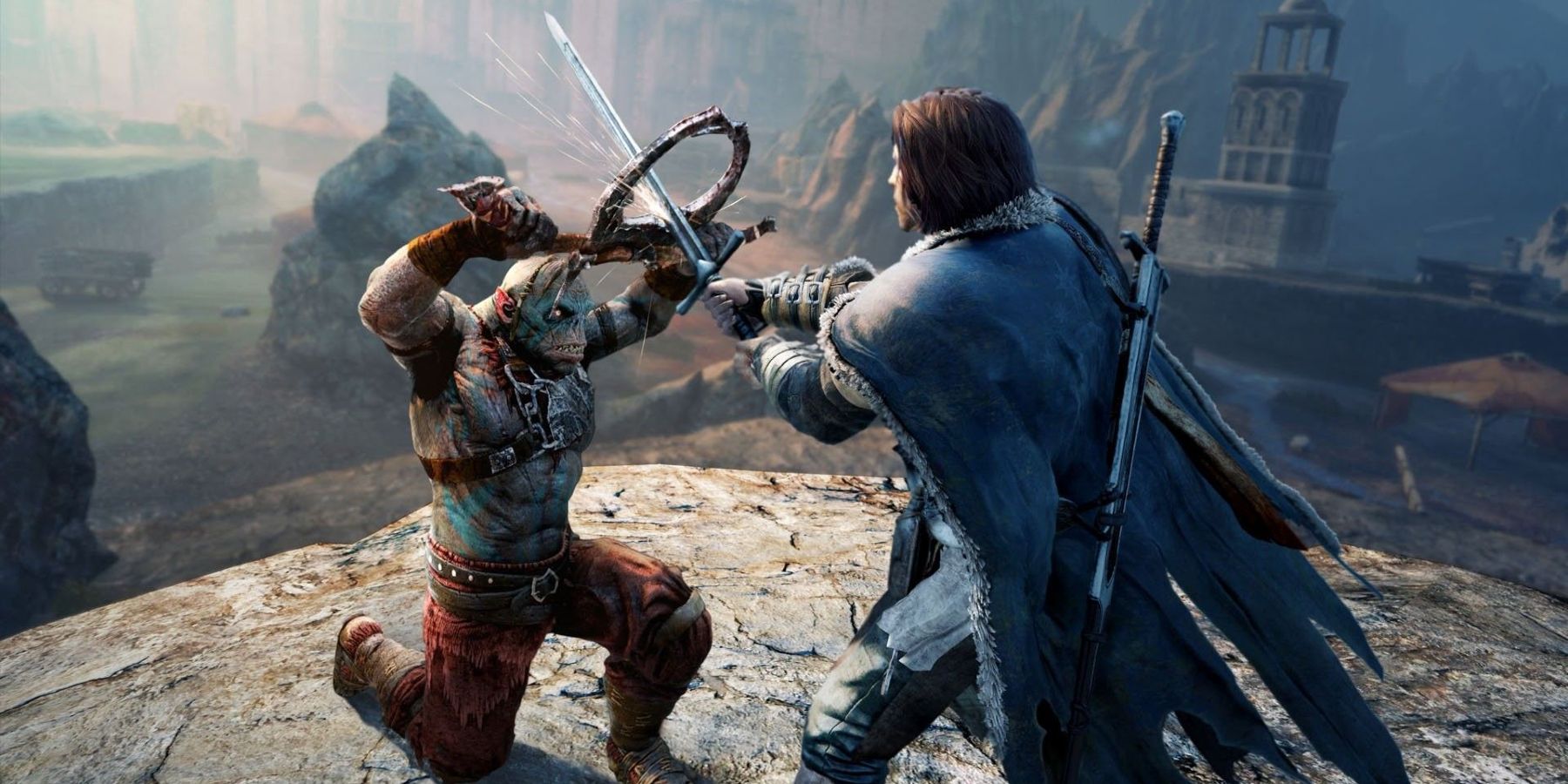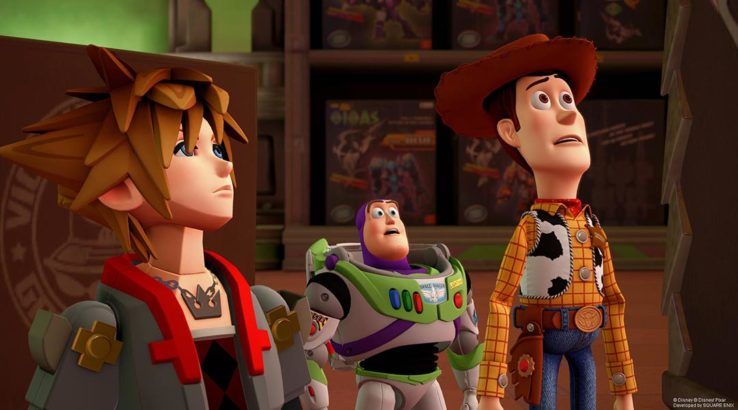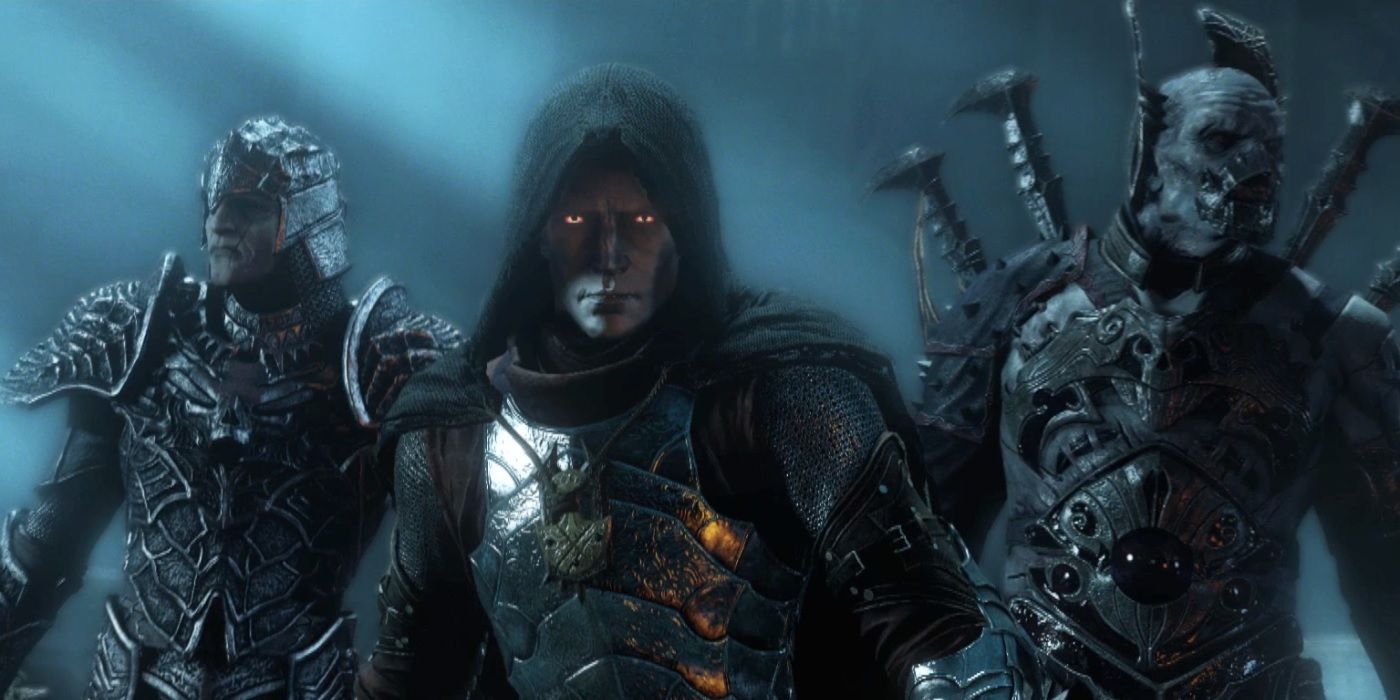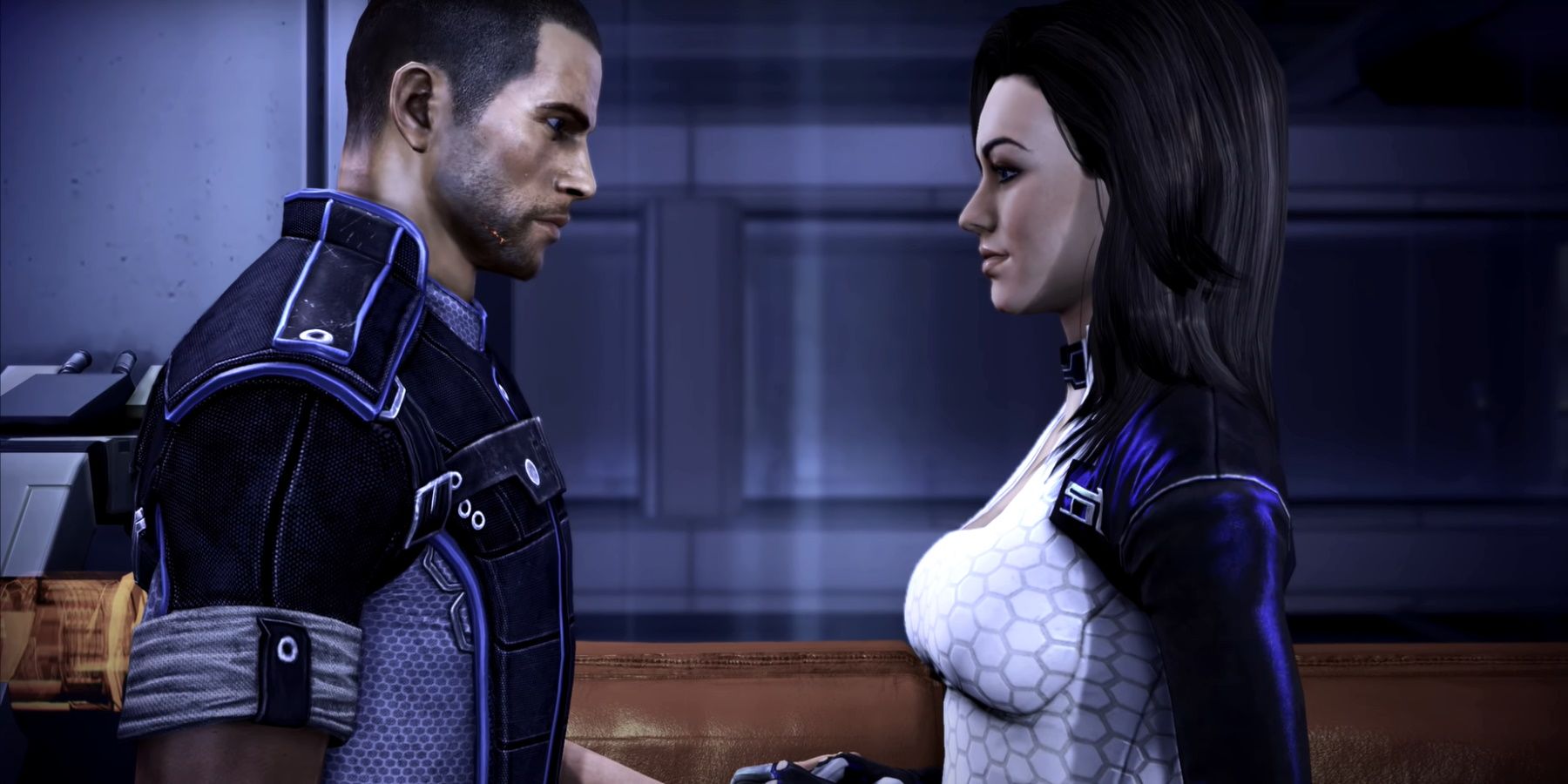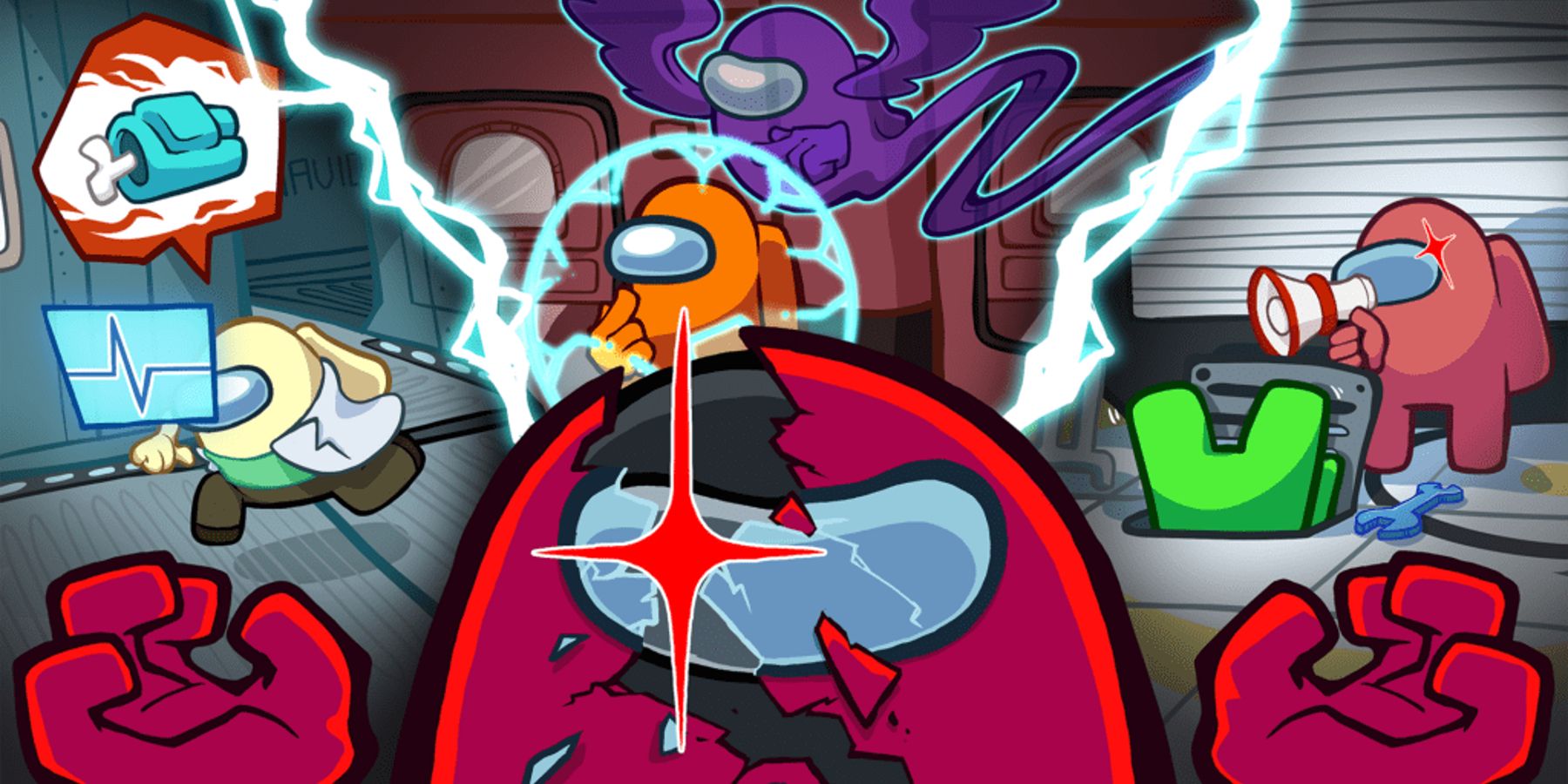Intellectual property is a core tenet of the video game industry. After all, a lot of work goes into everything from logos to console, and all the way down to game mechanics. It makes rational sense for video game developers, and publishers to protect the assets they spent a lot of resources to research and develop. Naturally, patenting in the video game industry has a long history with the first one dating back to 1947.
Despite the security that patenting offers, and the industry's long history with patents, they have hardly had a good reputation in the gaming community at-large. Between accusations of gate keeping, anticompetitive practices, and lack of specificity, patents have become a divisive issue. Yet, being a recognized legal document, patents remain the best way to protect intellectual property, and the failure to patent can lead to unfortunate consequences.
What Is A Patent?
Patents are a type of intellectual property that grant exclusive rights to an invention. They can either be for a product or a process that elaborate a novel way of doing something, or solves a problem that hasn't been solved before. Those rights include the exclusion of anyone other than the patent holder, whether a physical or moral person, to create, use, or sell an invention for a limited period of time. In exchange, the owner of the patent discloses the invention to the wider public.
Per the World Trade Organization's TRIPS Agreement, governments of any member state should issue patents in all fields of technology as long as they are new, and have an industrial application. Patents are also territorial, so they are only effective in the country they were issued in. Article 33 of the TRIPS Agreement provides for a term of protection of minimum 20 years after which the inventions become part of the public domain. Of course, within the term of protection, patents are legally enforceable, and any infringement can result in a lawsuit.
Patenting In The Video Game Industry
There are a lot of game mechanics that are patented that the average player may not even be aware of. For example, the Mass Effect dialogue wheel is subject to a patent. Only last year, WB Games finally managed to snatch a patent for its Nemesis system used in Shadow of Mordor and Shadow of War. It took them several attempts before the patent to be approved, which isn't uncommon for patents in general, let alone patent applications by video game companies. As WB Games learned, for a game mechanic to be patented, it needs to be extremely specific.
However, Western video game companies still cannot hold a candle to their Japanese counterparts. When it comes to patent portfolios, the three largest ones are held by Nintendo, Square Enix, and Capcom. Since Nintendo also sells hardware, its larger portfolio is to be expected. That said, Western companies have been increasingly eager to protect their intellectual property as well. Just this Monday, Electronic Arts filed a patent for “Readable and Editable” NPC Behavior, which would give NPCs agency through AI.
A Dubious Minefield Of (Necessary) Legal Protection
As patents offer ironclad legal protection for a fairly long period of time, they greatly benefit developers, and publishers who would want to protect their creations from unwarranted plagiarism. However, a weapon that can be used for defense can also be used for offense, and patents are not immune against every problem. In fact, many times throughout history, the real inventor of a new creation was often forgotten in favor of whomever patented their invention first. For example, Thomas Edison is known as one of the greatest inventors of all time, and he certainly was one in his own right, but without a doubt, he took credit for many inventions he did not create.
Non-practicing entities, colloquially known as patent trolls, are the intellectual property version of frivolous litigators in international law. Such entities don't actually use their patents create any products or services. They hoard them to make vexatious claims against unsuspecting developers whenever anyone happens to infringe upon them. Most of the time, the cases aren't even taken to court in the form of a lawsuit, but are merely thinly veiled threats issued in the form of cease and desist letters. Patent infringement can become a matter of millions of dollars, so even meritless claims will turn into onerous legal fees.
This chilling effect becomes even more of a problem as the number of video game-related patents increase. If there are innumerable patents floating around, it becomes near impossible for developers to know whether the new mechanic they think they just invented already exists. Unlike copyright, patent infringement is enforceable purely on actus reus or the act itself. The mens rea, the intent of whomever violates the patent, is not taken into account. Therefore, an accidental infringement can once again result in a costly lawsuit.
Not Patenting: The Case Of Among Us And Fortnite
Despite its flaws, not patenting could spell disaster for developers, especially indie developers. This fact came to prominence when Fortnite blatantly plagiarized Among Us through its Impostor mode. The developer behind Among Us, Innersloth was visibly upset at the news, and its development team even justified not wanting to patent the mechanic for fear of gate keeping. Yet, had Innersloth patented the impostor mechanic, it wouldn't have had to rely on the good graces of Epic Games to get a collaboration with the video game giant, and it's very unlikely that this is the last time a large entity will attempt to steal from smaller indie developers.
As for gate keeping concerns, there is a case to be made that patents actually spur innovation. Instead of developers copying each other, and creating clones of other games, they can invent their own unique game mechanic, program, or even hardware. It would also force larger companies to acknowledge the hard work of smaller development teams like Innersloth.

